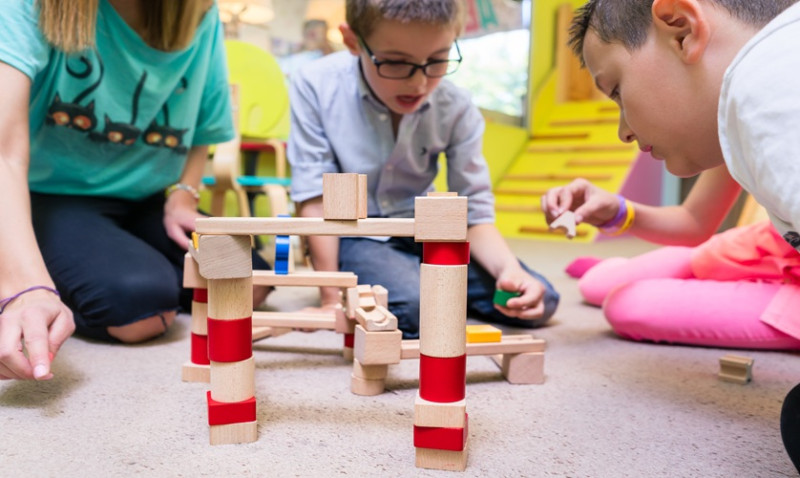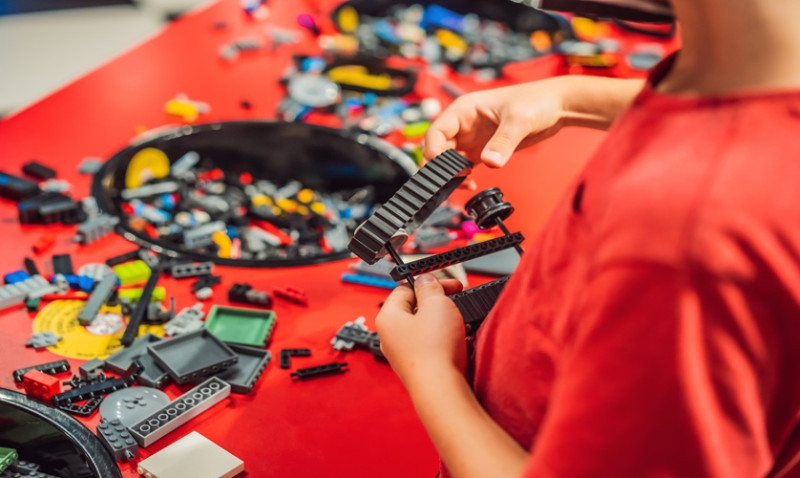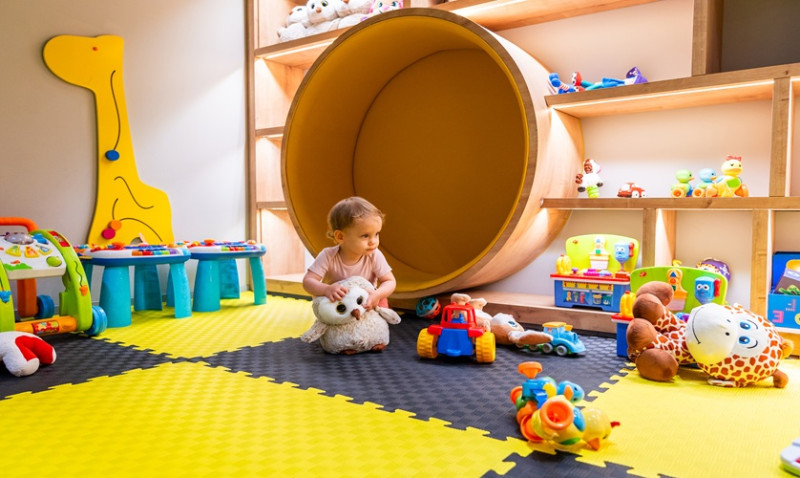
Early childhood education plays a crucial role in shaping the foundation of a child’s development. Behind every successful preschool classroom is a dedicated Early Childhood Educator (ECE) who provides guidance, support, and educational opportunities during a child's formative years. Their responsibility doesn’t end at just keeping children engaged – it's about nurturing cognitive, emotional, social, and physical development in meaningful and lasting ways.
In the United Kingdom, the role of an ECE is more important than ever. With growing awareness around childhood development and mental wellbeing, parents, caregivers and education professionals alike are turning their attention to the profound impact that educators have on young learners. Let’s explore why the Early Childhood Educator is truly a cornerstone of both early learning and future success.
Providing a Safe and Stimulating Learning Environment
At the heart of every thriving early years classroom is a carefully curated environment designed to nurture curiosity and inspire learning. An ECE is responsible for creating and maintaining this space, ensuring it is not only safe but also mentally and physically stimulating. Children learn best when they’re free to explore, ask questions, and interact with their surroundings.
Educators use tools like themed play areas, sensory tables, art stations, and interactive reading corners to create dynamic learning zones. These activities aren’t just fun – they’re developmentally significant. Different stations cater to different learning styles and help strengthen a range of skills such as problem-solving, fine motor coordination, and literacy.
Health and safety are equally important. ECEs ensure that the environment complies with government regulations and guidelines. They manage allergies, sanitation, safe handling of toys and materials, and emergency protocols. It’s this behind-the-scenes effort that makes the classroom a secure space for exploration and growth.
Fostering Emotional and Social Development
In early childhood, emotional intelligence matters as much as, if not more than, academic achievement. One of the most valuable roles of an ECE is helping children develop a strong sense of self, empathy for others, and the ability to manage emotions effectively.
From helping children learn to share toys to guiding them through conflict resolution techniques, ECEs serve as coaches in the complex world of social interaction. Through group activities and storytelling, children gradually learn cooperation, patience, and communication.
Moreover, educators model positive behaviours. Whether it's showing kindness, encouraging active listening, or demonstrating calmness during crises, they lead by example – setting the behavioural norms that kids often absorb and mirror.
By building secure attachments through consistent support and encouragement, ECEs help children feel valued and understood. This emotional scaffolding is essential not only for early development but also for building confidence and independence in later years.
Supporting Cognitive and Language Development
The early years are a prime time for brain development. ECEs develop and deliver age-appropriate curriculums that stimulate a child’s thinking and understanding of the world. Activities include storytelling, number recognition, phonics games, science experiments, and logic play—all tailored to introduce complex concepts in digestible formats.
Language acquisition is heavily influenced by the degree of interaction and vocabulary children are exposed to. Educators encourage verbal expression by asking open-ended questions, engaging in dialogue during play, and introducing new words in context. These rich language experiences help grow both comprehension and confidence in communication.
They also assess developmental progress using observational tools and adjust learning activities accordingly. Whether a child is excelling or needs additional support, the ECE is trained to offer differentiation that ensures every child has the fuel to reach their potential.
Collaborating with Families and Other Professionals
Education doesn't stop at the classroom door, and neither does the role of an Early Childhood Educator. Strong partnerships between educators and families can significantly enhance a child’s development. ECEs take time to communicate with parents and caregivers, sharing insights on behaviour, achievements, and areas for improvement.
These conversations often happen during daily pick-up times, scheduled check-ins, newsletters, or even digital platforms that track progress. By fostering a collaborative relationship, educators and parents together create consistent reinforcement of learning goals at school and at home.
Collaborating with other professionals like speech therapists, social workers, or child psychologists is also common. When children need specialized support, ECEs often serve as the liaison—identifying early warning signs of developmental delays and initiating intervention plans.
Encouraging Creativity and Expressive Arts
Creative expression is a powerful tool for communication and learning. ECEs actively encourage exploration through music, dance, drama, and visual arts. These activities provide children with opportunities to express their emotions, opinions, and perspectives – even before they have the vocabulary to articulate them fully.
Art and play-based learning help children experiment with symbols, shapes, and stories. This kind of learning promotes imagination, improves motor skills, and provides a healthy outlet for emotional expression. Educators skillfully incorporate creative activities into the curriculum in ways that not only entertain but also educate.
Importantly, ECEs strive to make creative spaces judgment-free zones. There is no “wrong” answer in art; there is no “fail” in storytelling. This acceptance builds a nurturing environment where children are not afraid to take risks and experiment – mindset traits that contribute to resilience and innovation later in life.
The Professionalism Behind the Practice
Many may not realise that early childhood education is a highly skilled and professional field. In the UK, ECEs are often required to hold qualifications such as CACHE Level 3 in Childcare and Education or a Foundation Degree in Early Years. Ongoing professional development ensures educators stay up to date on best practices, safeguarding policies, and emerging educational research.
They are deeply involved in planning, assessment, regulatory compliance, and continuous improvement. From Ofsted inspections to curriculum alignment with the Early Years Foundation Stage (EYFS), ECEs bear a significant amount of responsibility, often behind the scenes.
It’s also worth noting that ECE is emotionally demanding work. Educators are trained in mindfulness, self-care strategies, and coping tools to handle the emotional intensity that comes with supporting developing minds every day.
Conclusion: More Than Just a Teacher
Early Childhood Educators are far more than just teachers – they are mentors, caregivers, role models, and advocates. They lay the groundwork for lifelong learning, self-esteem, and social responsibility. Every song sung, story read, and question asked is an investment in a child’s future.
In the evolving landscape of childhood education in the UK, the importance of the Early Childhood Educator cannot be overstated. Their dedication helps children thrive not only in primary school but far beyond, influencing who they grow up to be personally, socially, and academically.
As communities and policymakers continue to recognise the value of early education, supporting and celebrating the work of these dedicated professionals will be critical. Because when it comes to shaping the minds of tomorrow, Early Childhood Educators are truly leading the way.



